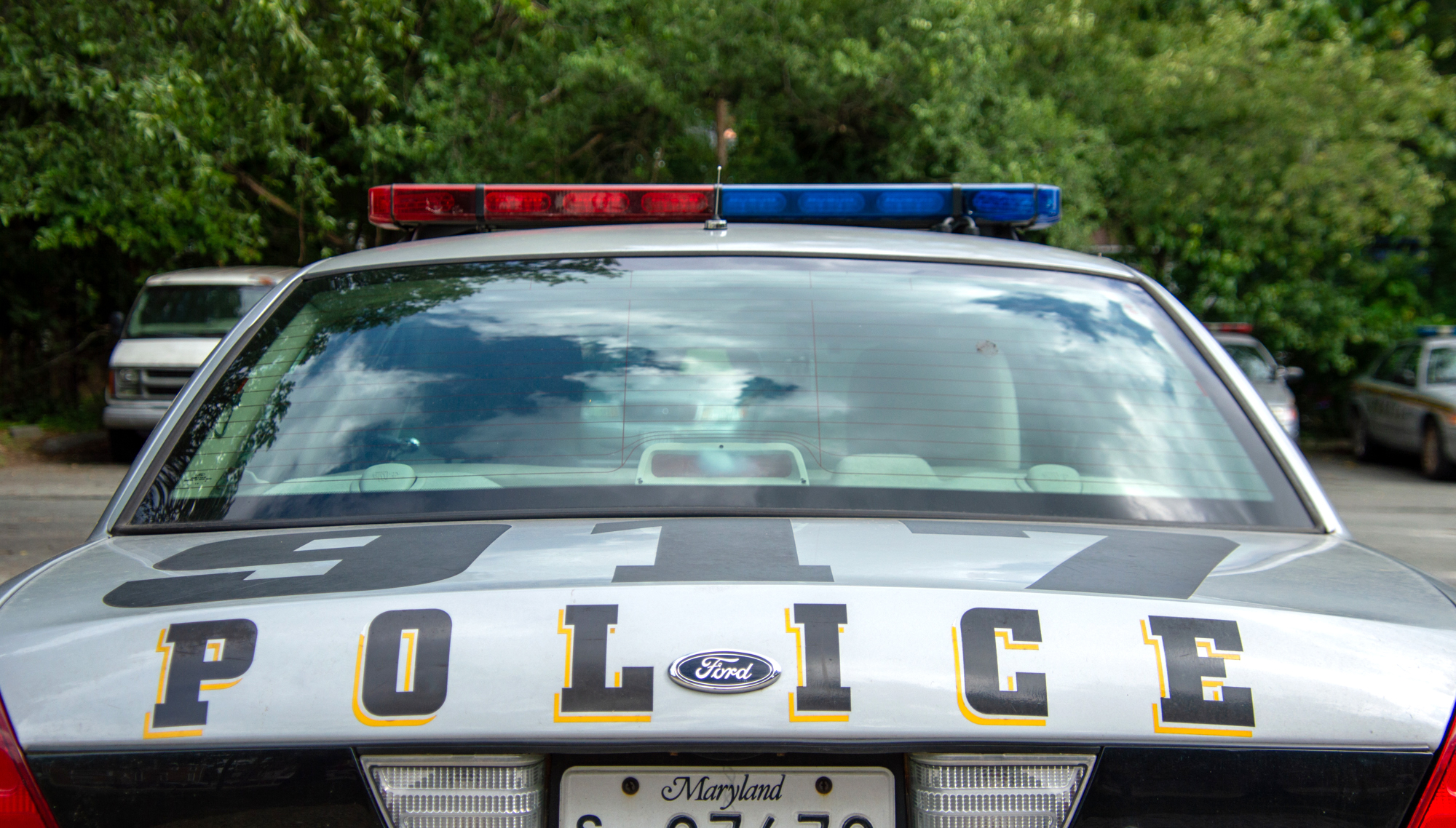Content warning: This story discusses suicide.
Emergency mental health calls that require hospital care, transported by UMPD, skyrocketed last year, according to police data.
There were 82 transports to hospitals as a result of an emergency psychiatric situation last year, according to Lt. Rosanne Hoaas. There were 59 transports in 2018 and 52 in 2019, while 2020 and 2021 saw lower numbers while some students stayed at home during the pandemic.
The recent increase has led to problems with finding hospital beds for students experiencing mental health crises. The university is looking for ways to alleviate this problem, including by hiring more mental health clinicians.
“We’re kind of shopping around for bed availability, if you will, and that’s not unusual in today’s crisis of mental health that we see throughout the country,” UMPD Chief David Mitchell said.
Students have long questioned whether police officers are best equipped to deal with mental health crises. Hospital transports for mental health emergencies occur when students are feeling suicidal with an intent of acting on it or when a student has experienced a psychotic break, which means they are “not in touch with reality,” Counseling Center director Chetan Joshi said.
“Demand for hospital beds, hospital services from a mental health perspective, that’s up just now and will probably continue to be up for the foreseeable future,” Joshi said.
[UMPD program saved drivers more than $3,000 in 2023]
The Counseling Center and UMPD have worked together to create a plan to better handle mental health transports and to reduce the number of students transported. The university hopes to have four new mental health clinicians by the fall semester to provide evening and after hour coverage for mental health emergencies.
Since the new hires will be experts in mental health emergencies, unlike police officers, they won’t default to transporting students if they can be helped on campus, Joshi said.
Joshi said hiring mental health clinicians can dramatically decrease the number of students who need to be transported to medical facilities. He cited the University of Texas at Austin, which has seen a 50 percent decrease in mental health transports since adding mental health clinicians, Joshi added..
The response to a cry for help must be treated differently than a response to criminal misconduct, Mitchell said, which is why Crisis Intervention Training is so necessary.
“These are good people, for the most part. These are not criminals,” Mitchell said. “These are good people who at this moment in their life, are having a crisis, and they need help.”
About one third of UMPD officers had undergone Crisis Intervention Team training as of February, and that training is set to continue for officers and dispatchers, Mitchell said. He acknowledged including mental health professionals in the response will be more effective than only police officers responding.
[Prince George’s County officials, students address rising youth crime]
“When it comes from a mental health professional, it’s different from coming from somebody with a badge,” Mitchell said. “Sometimes they don’t even see past that they just see the police.”
UMPD has come under fire before for its handling of mental health calls. A former student told The Diamondback that during her freshman year in 2015, she was handcuffed by two UMPD officers and escorted out of her dorm while she was having a mental health crisis. Petitions in 2020 called for UMPD to be defunded and reformed, including one that called for ending the requirement for resident assistants to call University Police for students who express thoughts of suicide.
The Counseling Center is also trying to develop a memorandum of understanding with local hospitals so students are able to be admitted quickly.
University President Darryll Pines said the university is working to address the mental health concerns through the counseling center and police partnership, more effective case management of students who return from treatment facilities and increasing staffing in the counseling center.
The University Senate’s mental health task force is also planning to engage community members about how to best help students access mental health resources, Warren Kelley, the senior associate vice president for student affairs, said at Tuesday’s senate meeting.
“I can’t stress enough the increased need for support not only for students, also for our faculty and staff, because they are also equally suffering during this time period,” Pines said.
Staff writer Nene Narh-Mensah contributed to this report.
CORRECTION: A previous version of this story and its subheading misstated Lt. Rosanne Hoaas’ rank. This story has been updated.



